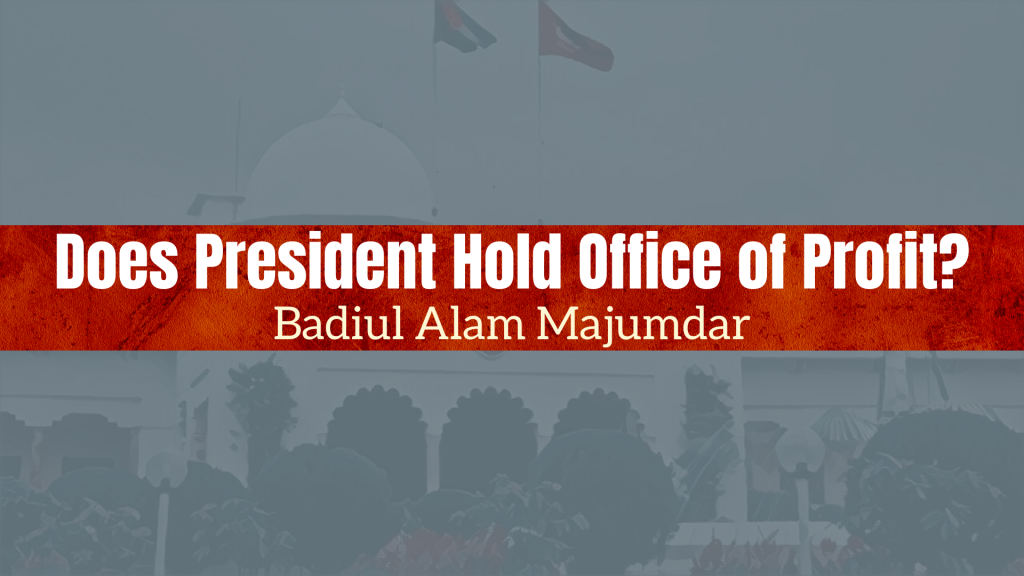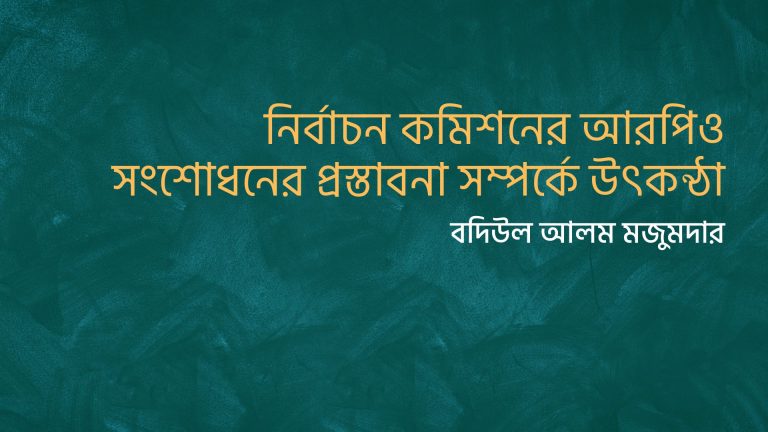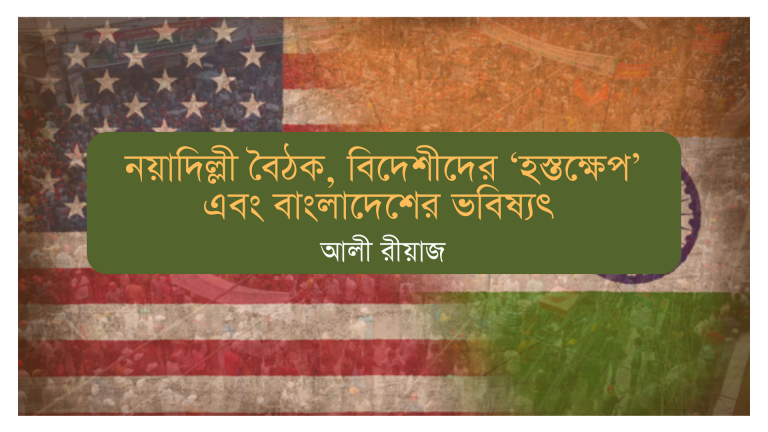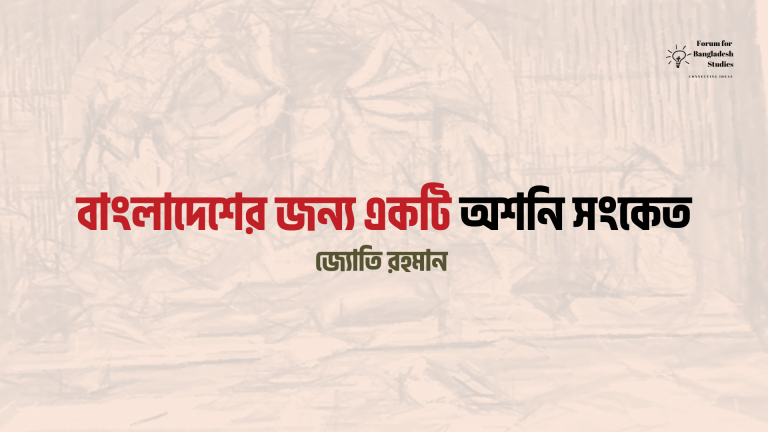THE Awami League has recently nominated former commissioner of the Anti-Corruption Commission Md Shahabuddin to the position of president to replace the outgoing president Abdul Hamid. Since Md Shahabuddin was the lone candidate, the Election Commission declared him elected unopposed and officially notified the results on February 13.
The appointment of Shahabuddin as president has raised controversies as Section 9 of the Anti-Corruption Commission Act 2004 states that a former commissioner is not eligible to hold any office of profit in the service of the republic. The pertinent issue here is: does the president hold an office of profit in the service of the republic?
The issue is the ‘office’ of the president of the state, not the person as such. It does not, therefore, matter whether the person holding the office of president is elected or gets honorarium or salary notwithstanding the claims otherwise. One may even question the use of the term ‘election’ in this case as an election, in the truest sense, means choosing among credible alternative candidates (eg apple v orange), and there was no alternative to Shahabuddin for the post of president.
The constitution of Bangladesh does not provide a definition of the office of profit in the service of the republic. However, according to constitutional expert Mahmudul Islam, ‘An office will be an office of profit if it entails a pecuniary gain for the holder of the office… It must be kept in mind that all the holders of office of profit are not disqualified; in order to attract the disqualification, the office of profit must be in the service of the republic’ (Constitutional Law of Bangladesh, 2nd ed, p 464).
Five articles of the constitution — Article 48(4), 50(4), 66(3), 66(4) and 147 — are relevant for resolving the issue of whether the president of Bangladesh holds an office of profit in the service of the republic. The judgements of the Abu Bakkar Siddique v Justice Shahabuddin Ahmed (49 DLR) and the Ruhul Quddus v MA Aziz (60 DLR) also have some relevance in this matter.
Article 48(4) states, ‘A person shall not be qualified for election as President if he — (b) is not qualified for election as a member of parliament….’ Article 50(4) states, ‘The president during his term of office shall not be qualified for election as a member of parliament….’ Article 66(2) states, ‘A person shall be disqualified for election as or for being a member of the parliament who — (f) holds any office of profit in the service of the republic other than an office which is declared by law not to be disqualified its holder….’ Article 66(3) has made such a declaration that ‘For the purpose of this article, a person shall not be deemed to hold an office of profit in the service of the republic by reason only that he is the president, the prime minister, the speaker, the deputy speaker, minister, minister of state or deputy minister; judges of the Supreme Court.’
The implications of Article 48(4), 50(4), 66(2) and 66(3), read together, are that a person is not eligible to be president if the person is not eligible to be a member of parliament (Article 48(4)) and the president is ineligible to be a member of parliament (Article 50(4)) because he holds an office of profit in the service of the republic (Article 66(2)), but, he along with and others, are given exemptions (Article 66(3)). In other words, if the president did not hold an office of profit in the service of the republic, Article 50(4) would not be included in the constitution. Since he holds an office of profit in the service of the republic, he is given that exemption, along with others through Article 66(3) of the constitution. If the president did not hold an office of profit in the service of the republic, the framers of the constitution would give him such exemption for becoming a member of parliament. Thus, the office of the president, without doubt, is an office of profit in the service of the republic.
Let us now come to the two court judgments which interprets Article 147(4). As Mahmudul Islam stated, in the Abu Bakkar Siddique v Justice Shahabuddin Ahmed, the court in 1996 ‘held that the office of the president is not an office in the service of the republic…. Recently (2007), in the Ruhul Quddus v Justice MA Aziz, (another) Division Bench of the High Court Division held that the posts specified in Article 147(4), eg, the post of president, prime minister;… speaker or deputy speaker, minister, minister of state or deputy minister, judge of the Supreme Court, comptroller and auditor general, election commissioner and member of the Public Service Commission are posts in the service of the republic and, therefore, a judge of the Supreme Court cannot, whether continuing or ceasing to be a judge of the Supreme Court, hold any of the other posts mentioned in Article 147(4),’ (p 587)
Clearly, these two judgments are contradictory, but they are High Court judgements and they did not reach their finality as they did not go to the Appellate Division. More importantly, the subsequent developments make them irrelevant.
It may be recalled that on July 21, 2010, the 9th parliament set up a special parliamentary committee to amend the constitution in view of the previous court judgements. It should be noted that our constitution was printed by the ministry of law in February 2011, which did not reflect these judgements. More importantly, on the recommendation of the special committee, much of the constitution was amended through the 15th amendment to the constitution, which also did not take into cognisance these two judgements. Thus, the eligibility of Shahabuddin’s appointment to be president must be viewed in the light of the prevailing constitutional provisions.
To conclude, from the reading of Article 48(4), 50(4), 66(2) and 66(4) together and Article 147 separately, it is obvious that the president along with others mentioned 147(4) holds an office of profit in the service of the republic and while it remains open for all to concerned to determine whether Md Shahabuddin, as a former commissioner of the Anti-Corruption Commission, is qualified to be president. The title of Article 147 is ‘Remuneration etc of certain offices.’ The remuneration, privileges and benefits for the president and others, listed in Article 147(4), are determined by the act of the parliament and they are paid from the consolidated fund of the republic. These remunerations and other benefits make these offices of profit for their services rendered to the republic.
Originally Published : New Age, 3 March 2023




